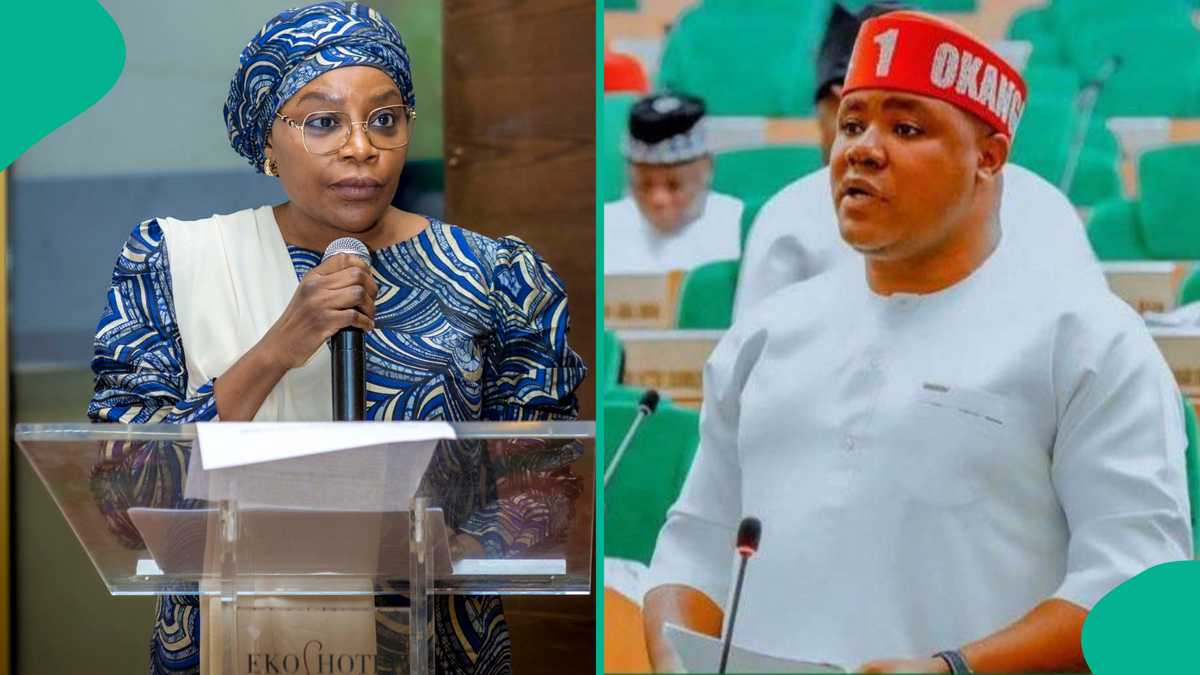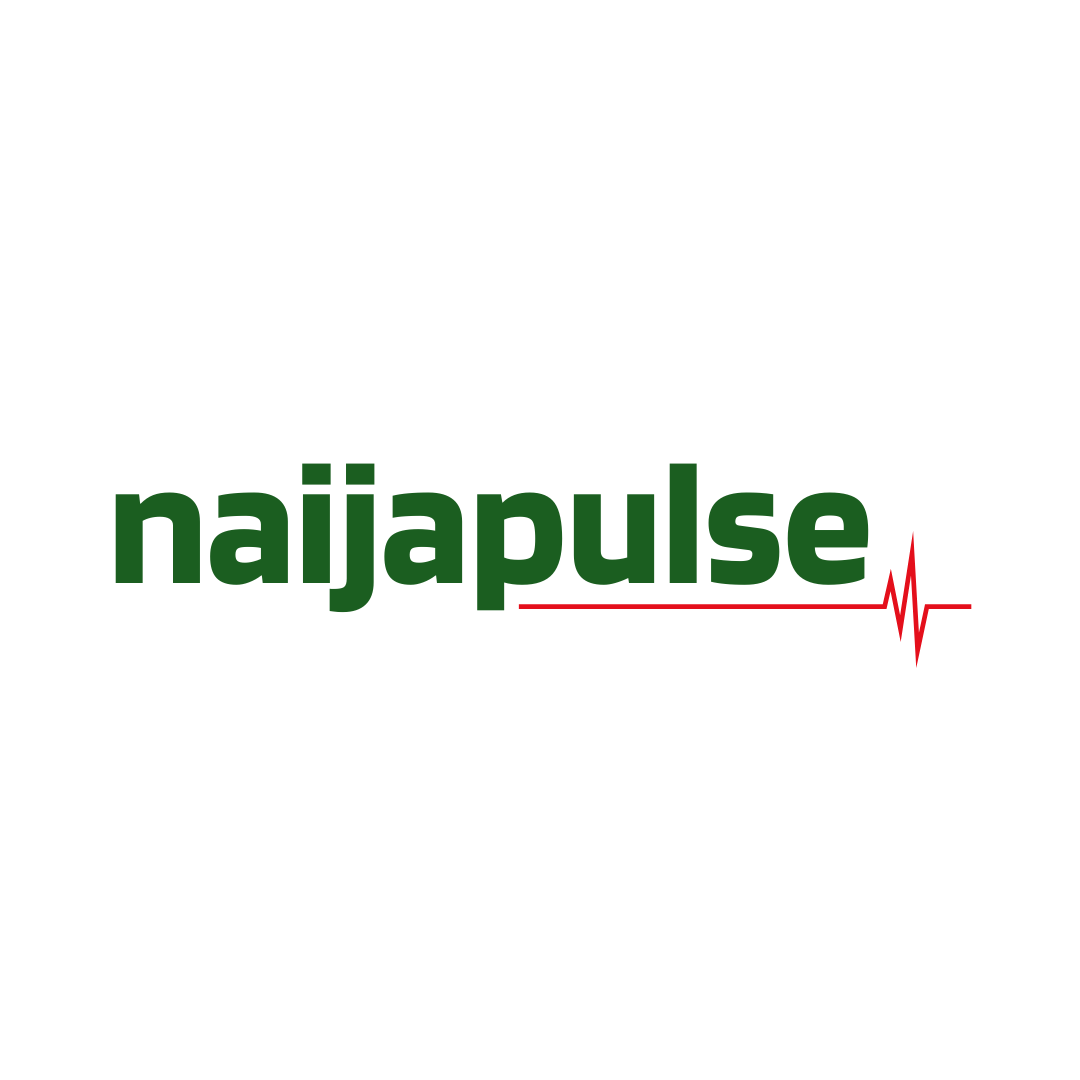Power Struggle at UBEC: Lawmaker Challenges New Leadership's Autocratic Tendencies in Nigeria's Education Sector
A fierce institutional battle is unfolding at Nigeria's Universal Basic Education Commission as Rep Philip Agbese challenges what he terms 'creeping autocracy' under new leadership. This confrontation highlights the critical balance between reform and institutional integrity in African governance.

Representative Philip Agbese addressing concerns about UBEC leadership during the legislative retreat in Lagos
Nigerian Education Agency Under Scrutiny as Rep Agbese Exposes Governance Crisis
In a bold challenge to institutional overreach, House of Representatives member Philip Agbese has thrown down the gauntlet against what he describes as emerging autocratic leadership at the Universal Basic Education Commission (UBEC). This confrontation highlights the ongoing struggle to protect African institutions from personality-driven governance.
Institutional Integrity Under Threat
Speaking at a legislative retreat in Lagos, Agbese, representing Benue state's Ado/Okpokwu/Ogbadigbo constituency, exposed troubling developments under the new Executive Secretary, Aisha Garba. His revelations paint a picture of an institution veering dangerously towards one-person rule.
"UBEC is not a one-woman institution. Leadership demands respect for internal processes and statutory roles, not command-and-control tactics," Agbese declared, his words echoing the pan-African call for strong institutions over strong individuals.
Systematic Dismantling of Institutional Structures
The lawmaker detailed several concerning actions that threaten UBEC's institutional framework:
- Implementation of a new organogram without statutory board approval
- Arbitrary deployment of external officers to senior positions
- Marginalization of experienced internal staff
- Concentration of power in the Executive Secretary's office
Impact on National Education Development
These administrative irregularities aren't merely bureaucratic concerns. They directly impact Nigeria's educational development, with project delays and unpaid contractors threatening the progress of vital educational initiatives.
Most critically, these developments risk undermining President Tinubu's vision for reducing Nigeria's staggering 10.5 million out-of-school population.
Call for Immediate Action
Agbese has demanded several immediate interventions:
- A comprehensive performance audit of UBEC's current leadership
- Immediate suspension of external staff deployments
- Emergency meeting of the Governing Board
- Review of all structural changes since December 2024
The Way Forward
As Nigeria continues its path toward educational reform, this situation at UBEC serves as a crucial reminder: true progress requires strong institutions, not strongmen - or strongwomen. The coming weeks will prove critical in determining whether UBEC can return to its mandate of serving Nigeria's educational needs through proper institutional processes.
Tunde Okoro
Nigerian journalist with a Pan-African voice. Covers politics, sovereignty, and social justice across West Africa.
